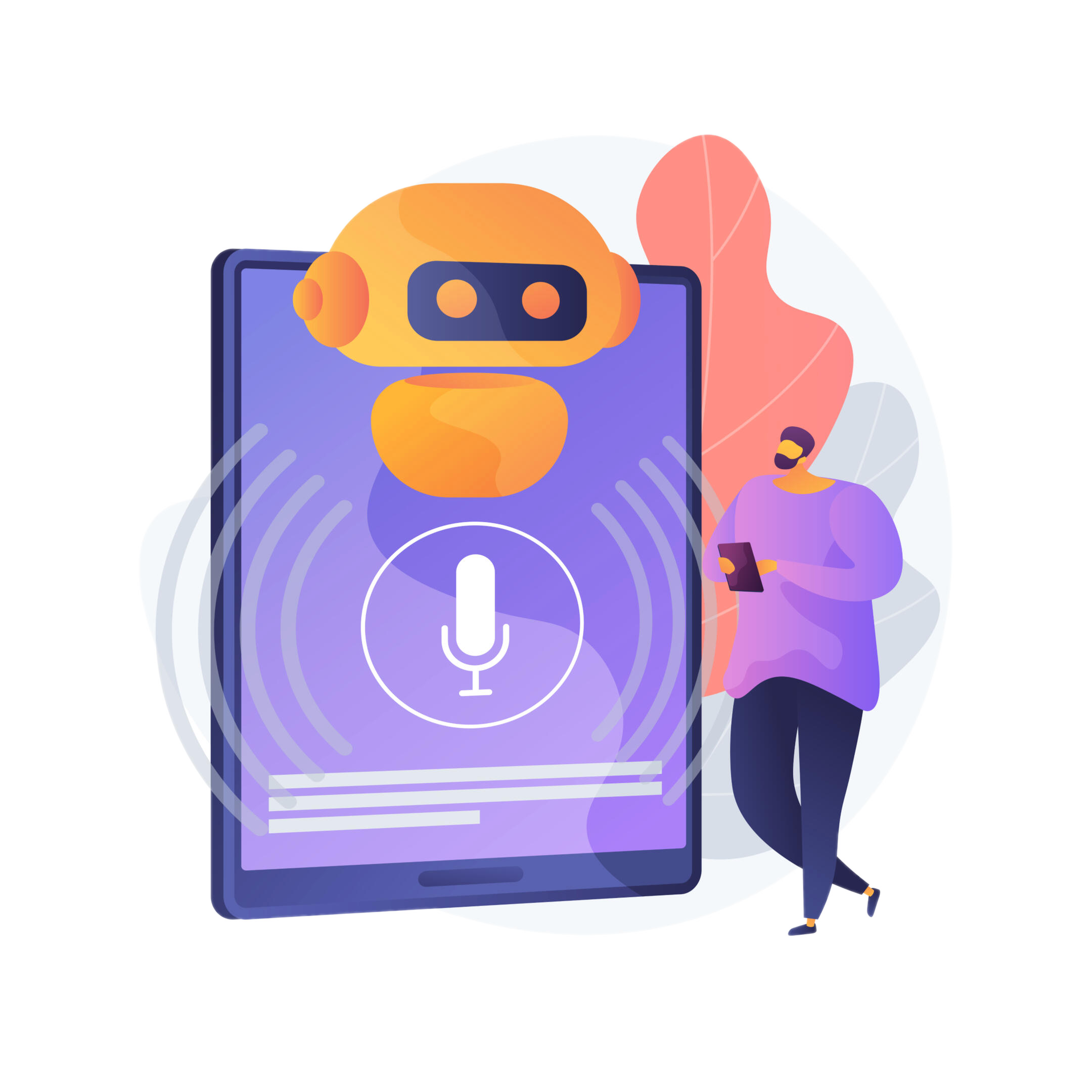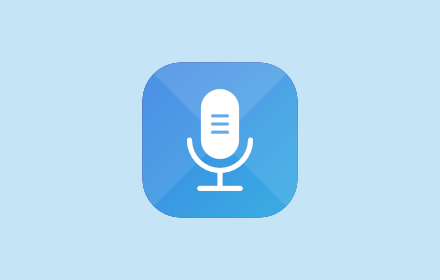April 9, 2025
Echoes of the Future: How Voice Interfaces Revolutionize Human Interaction with Technology and Artificial Intelligence
In the increasingly digital world we live in, interfaces play a critical role in mediating the relationship between humans and technology. Traditionally, these interfaces have been graphical, involving tactile responses via a keyboard or a touchscreen. However, the rapid advancements in Artificial Intelligence (AI) and speech recognition technologies have brought forth an innovative, more natural interface: voice.
The Power of Voice
Voice interfaces utilize natural language processing and voice recognition to comprehend human speech, allowing users to interact with devices and systems in an intuitive, hands-free manner. They form the basis of technologies such as virtual assistants (like Siri, Alexa, Google Assistant), dictation software, and smart home devices, revolutionizing the way we use and interact with technology.
Enhanced Accessibility
A standout benefit of voice interfaces is improved accessibility. For those who are physically unable to type or use a touchscreen, like people with certain disabilities or the elderly, voice interfaces provide a viable and valuable alternative. Voice control means these users can also leverage technology's benefits, making digital services more inclusive.
Unparalleled Convenience
Voice interfaces also offer unprecedented convenience. Hands-free operation is advantageous for everyone, regardless of their physical capabilities. For instance, while driving, cooking, or when your hands are otherwise occupied, voice commands allow you to control music, receive and respond to messages, and even manage your smart home devices. This level of convenience enhances our day-to-day interaction with technology, providing a seamless, more effortless experience.
Improved Efficiency and Productivity
Voice interfaces are not only convenient but also highly efficient. Speaking is, in general, faster than typing. For instance, dictation software that transcribes spoken words into written text can significantly speed up writing processes. Similarly, quickly asking a virtual assistant for information saves time compared to manually typing and searching for the data. This improved efficiency makes technology a more effective tool, boosting our productivity in various domains.
Deepening Interaction with Artificial Intelligence
Voice interfaces are the new frontier in the interaction between humans and AI. With natural language understanding capabilities, AI-powered voice interfaces can comprehend and respond to spoken queries, facilitating more personalized and meaningful interactions. They can learn user preferences over time, making the AI system more predictive and proactive.
Furthermore, AI voice interfaces are incorporating more human-like elements into their systems, such as understanding context, detecting emotions in the speaker's voice, and even expressing synthesized emotions in their responses. This advancement is leading us towards more nuanced and human-like communication with AI, further blurring the lines between human-machine interaction.
Conclusion
The shift towards voice interfaces symbolizes a significant leap forward in the world of human-computer interaction. By offering enhanced accessibility, convenience, and efficiency, they make technology more user-friendly, transforming how we live, work, and communicate. Moreover, these interfaces deepen our interaction with AI, promising a future where technology is not just a tool but a more integrated part of our daily lives. In this exciting future, voice isn't just about being heard; it's about forging a stronger connection between humans and the technology we depend on.
Subscribe to our newsletter
Subscribe to our newsletter for tips, exciting benefits, and product updates from the team behind Voice Control!
Other projects from the team

Talkio AI
The ultimate language training app that uses AI technology to help you improve your oral language skills.

TalkaType
Simple, Secure Web Dictation. TalkaType brings the convenience of voice-to-text technology directly to your browser, allowing you to input text on any website using just your voice.

Voice Control for Gemini
Expand the voice features of Google Gemini with read aloud and keyboard shortcuts for the built-in voice recognition.